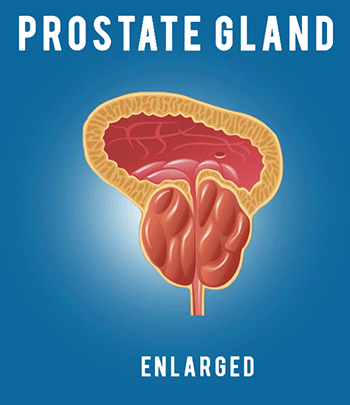Drug Restores Hair Growth in Patients with Alopecia Areata
This is really our first complete human studyand the results really have been quite astoundingcompared to the previously available treatmentsAlopecia areata is an autoimmune form of hair losswhere the body attacks the hair folliclesand it begins to fall outWe enrolled patients with at least thirty percent hair lossand we felt this was a good thresholdbecause we wanted to capture those patientswho really were very significantly affected by their hair lossAnd we found that 9 out of 12 patients had at least 50% regrowthSo the genetic studies that we’ve been working onin the lab for the past five or so yearswere really critical in pointing for the first timeat a potential pathway to target for alopecia areataSo, unexpectedly, the JAK signaling pathwayreally emerged as a targetable pathway for this diseasedirectly from our genetic studiesIn alopecia areata the hair follicle is quietenedby the inflammatory response right around the hair follicleand so the JAK inhibitors block the abilityof the cytokines that are released by theinflamed cells from acting on the hair follicleSo if you cut that off,it enables the hair follicle to waken up and growThis is the first time we can talk about drugs thatreally show objective ability to treat alopecia areataand lead to regrowth in a large percentage of peopleBut I think it’s very important for people to know that these are not curesand a lot work still needs to be doneto clarify the safetyand the best ways to use these drugsFirst thing to do really is to go back and repeat this nowwith a placebo group and a larger group of patientsperhaps treat them for a longer timeeven based on this early resultthere’s excitement here – I think we’re on the right trackand certainly, even if it treats 75% of alopecia patients,that’s a great improvement over what’s currently available


